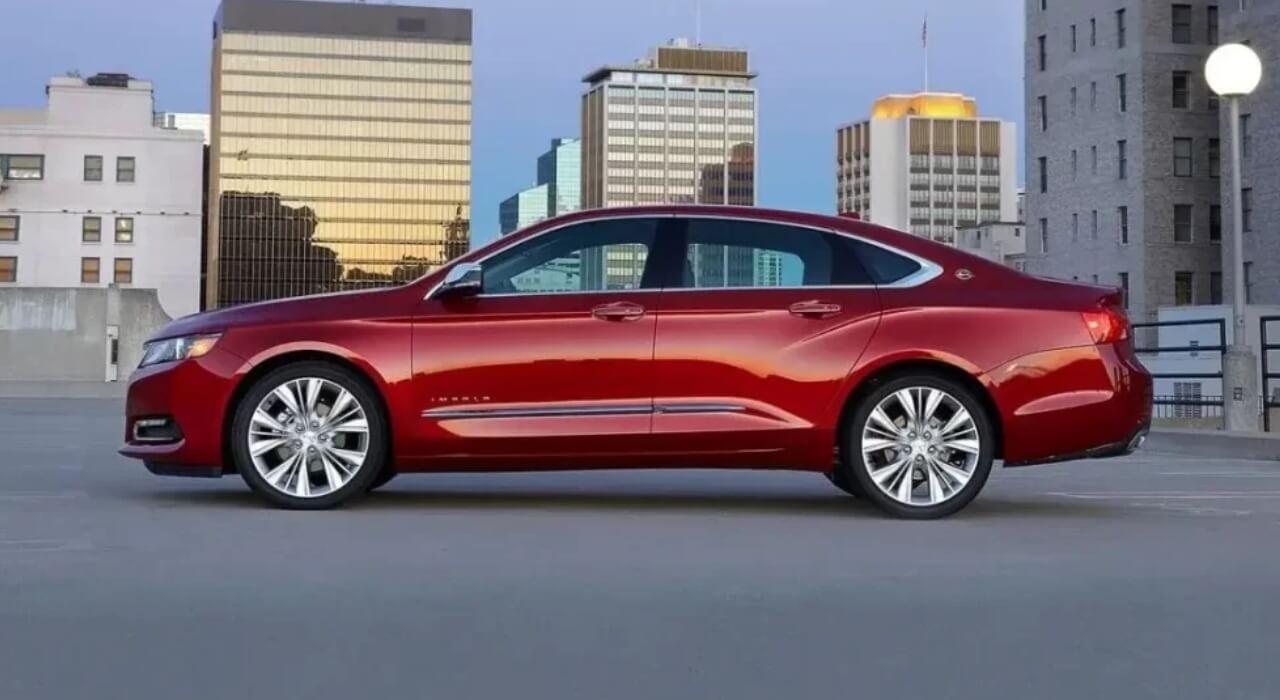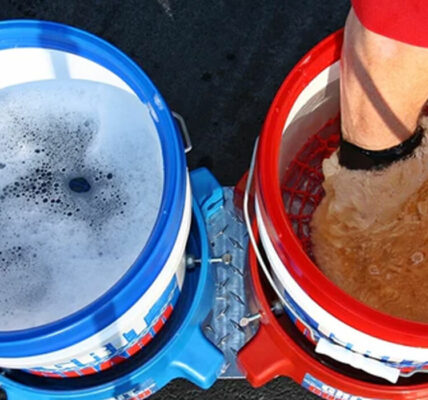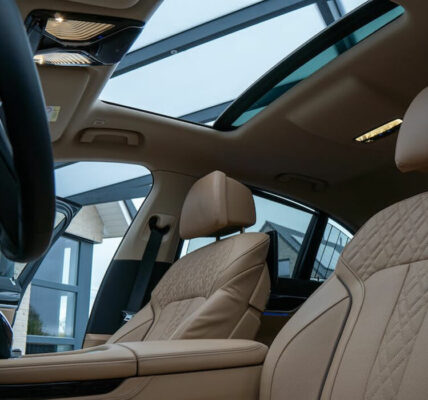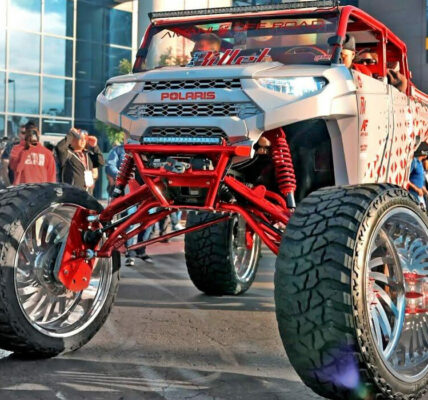In today’s fast-paced world, automobiles are more than just modes of transportation. They’re extensions of our lives, providing convenience, mobility, and sometimes even a sense of identity. However, when these trusted vehicles malfunction due to defects, the consequences can be catastrophic, leading to accidents.
For those affected, pursuing compensation in defective vehicle cases becomes not just a legal pursuit but a quest for justice and accountability. In this article, we will learn how to seek compensation in defective vehicle cases.
Understanding Defective Vehicle Cases
Defective vehicle cases arise when a car, truck, motorcycle, or any other motor vehicle fails to perform as intended. This can result due to design, manufacturing, or marketing flaws. These defects can manifest in various ways, including faulty brakes, malfunctioning airbags, defective steering mechanisms, or flawed electronic systems.
Apart from the above, there may be more defects in a vehicle. According to FindLaw, there can be faulty body and frame, problems in cooling and temperature control, engine assembly issues, etc. All these issues can be considered part of defective vehicles and can be held against manufacturers.
Suggestion: Best And Worst Years For Subaru Forester – Know Before Buying
When a defect causes an accident or damage, the injured party may seek compensation from the manufacturer or distributor. Such cases often involve complex legal proceedings, requiring thorough investigation, expert testimony, and skilled advocacy to achieve a favorable outcome.
There have been many such lawsuits where manufacturers have been held accountable for damage to automobiles. One recent example is that of Ram 1500. According to Conn Law, PC, Ram 1500 owners face water leakage problems due to manufacturing faults. Many complaints have been filed stating the water leaks in, especially through the third brake light window.
Many victims have filed lawsuits against the manufacturer. These lawsuits have now been consolidated into a class action lawsuit. The lawsuits allege that the manufacturer knew about the water leak but didn’t inform the customers. There is also a possibility of vehicle recall because of this problem. The Ram third brake light leak recall can help tilt the verdict in the victims’ favor.
The Legal Landscape
In the pursuit of justice, understanding the legal landscape is crucial. Defective vehicle cases typically fall under product liability law. This law holds manufacturers and sellers responsible for placing defective products into the hands of consumers. Within product liability law, there are three primary types of defects recognized:
- Design defects: These occur when the vehicle’s design is inherently unsafe, even if it is manufactured precisely according to specifications.
- Manufacturing defects: These defects arise during manufacturing, leading to flaws or deviations from the intended design.
- Marketing defects: Marketing defects, also referred to as failure to warn, happen when a manufacturer does not provide enough warnings about possible risks.
Also Check: 5 Best Car Seat Extender For Long Legs In 2024 – Experts Review
To establish liability in a defective vehicle case, the plaintiff must demonstrate that:
- The vehicle had a defect that rendered it unreasonably dangerous.
- The defect caused or contributed to the accident or injury.
- The vehicle was being used as intended at the time of the incident.
If the liability is established, the manufacturer can be asked to recall all the products from the market. On the other hand, the manufacturer itself can recall the vehicles to avoid additional lawsuits. For instance, Tesla recalled 200,000 cars, according to a CNBC news article. The recall was made due to a software glitch that prevented the rearview camera image from being displayed properly.
Pursuing Compensation
Engaging the services of an experienced attorney specializing in product liability and personal injury law is paramount. A skilled attorney can assess the case’s merits, advise on legal options, and advocate on behalf of the injured party. Here’s how a lawyer can help pursue compensation.
Investigation and Evidence
In defective vehicle cases, a lawyer is crucial in navigating the complexities of investigation and evidence collection. Their expertise in the legal process and understanding of relevant laws enable them to effectively pursue compensation on their client’s behalf.
Firstly, a lawyer will thoroughly investigate the circumstances surrounding the defect. This may involve reviewing maintenance records, examining the vehicle’s history, and consulting with experts to determine the nature and extent of the defect. By gathering pertinent information, they can build a compelling case to support their client’s claims.
Furthermore, a lawyer can help identify liable parties in defective vehicle cases. This could include manufacturers, distributors, or even third-party entities responsible for designing, producing, or installing defective components. Holding the appropriate parties accountable is essential for securing fair compensation for the victim’s losses and damages.
Suggestion: Top 9 Best 500 Hp Cars Under $20k You Can Buy In 2024
In addition to investigation, lawyers play a pivotal role in gathering evidence to substantiate their client’s claims. This may involve obtaining witness statements, collecting documentation, and engaging with accident reconstruction specialists if necessary. Lawyers strengthen their client’s position during negotiations or litigation by presenting a comprehensive body of evidence.
Negotiation and Settlement
One of the primary roles of a lawyer in defective vehicle cases is to engage in negotiation and settlement discussions. This may include manufacturers, insurance companies, and other involved entities. Through effective communication and legal expertise, lawyers work to secure a favorable outcome for their clients.
Negotiation skills are paramount in these situations, as lawyers must advocate for their client’s best interests while considering legal precedents. They may engage in mediation sessions or direct negotiations to reach a settlement that adequately addresses their client’s needs and losses.
Additionally, lawyers play a crucial role in assessing the extent of damages caused by the defective vehicle. This involves gathering evidence, consulting with experts such as mechanics and engineers, and evaluating the financial and non-financial impact on their clients’ lives.
It is not like the settlement amounts are small. According to Warranty Week, the small vehicle sector in the United States paid $9.42 billion in claims. It is a 17% increase from the year prior. This shows that the settlement amounts can be very high. However, the accountable parties and their insurance companies will try to trick you into settling for less. Lawyers can help prevent this and ensure you get fair compensation.
The Impact of Defective Vehicle Cases
Beyond the pursuit of compensation, defective vehicle cases serve broader societal interests. They hold manufacturers accountable for the safety and integrity of their products. These cases catalyze improvements in automotive safety standards by exposing flaws in design, manufacturing, and quality control processes.
Furthermore, successful defective vehicle cases message manufacturers and corporations that prioritizing profits over safety will not go unchecked. Individuals and their advocates contribute to a culture of corporate responsibility and consumer empowerment.
These cases can also lead to recalls and affect automobile sales. According to USA Today, Ford has recalled 6,152,738 vehicles in 2023.
In conclusion, victims of defective vehicles must navigate a complex legal landscape fraught with challenges and obstacles. The journey toward compensation can be arduous, from investigating the cause of the defect to litigating against powerful corporate entities. However, armed with knowledge, perseverance, and skilled legal representation, individuals can drive for justice and hold negligent parties accountable for their actions.


















